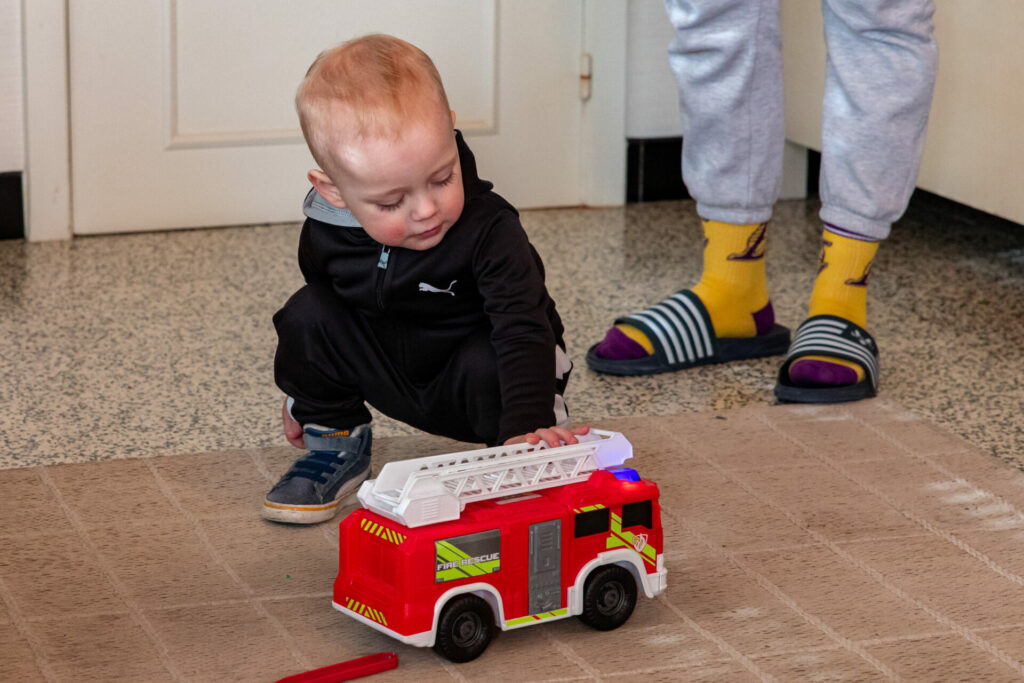Worrying figures have highlighted the growing number of very young children in youth care in Flanders as well as the dire need of parents for professional support. Yet with services limited, most end up on waiting lists.
The latest analysis looked into the exceptional assistance given to children or parents, sometimes resulting in children being admitted to centres for special youth care or being placed with a foster family. 1,017 babies and toddlers (aged 0 to 2) were in youth care in 2018; by 2021 this figure had risen to 1,879 – an almost 85% increase.
Green co-chair Jeremie Vaneeckhout, who requested the figures in parliament, described the figures as "very shocking" and said that the same worrying trend can be seen among preschoolers and children in primary schools.
Victims of lax policy
Among zero to eight-year-olds in a youth aid programme, the figure rose from 5,173 to 9,038 in three years (+74%). Among toddlers aged three to five, the increase is as high as 98%.
It is clear that the Covid-19 pandemic exacerbated conditions in all age groups – the greatest increase was seen in 2020 when children were stuck at home for longer periods of time. Since then, the situation has kept deteriorating.
"That more and more families have to resort to this kind of exceptional assistance is very worrying. A family does not need this far-reaching assistance overnight," said Vaneeckhout. He called it "very exceptional" that the domestic situation should be so bad as to require care outside of the child's home.
It is normally only in the most "dire circumstances" or emergency situations that children are taken away from home and in many cases, with the necessary professional guidance, a child can return home soon after.
"But for that to happen, it is an absolute priority that there is prompt assistance and there is none at present... These children are victims of that lax policy."
Endless waiting list
At the end of 2021, almost 7,000 children were on a waiting list. 42% of those on the list had to wait longer than six months for help, and 26% left waiting even longer than a year.
"The waiting lists create vicious circles: problematic situations become more complex, which means that assistance also becomes more complex and thus takes up more time," he said. "This is how the Flemish government jeopardises the chances of a normal family and youth."
Related News
- Belgium's infant mortality rate is its lowest in 20 years - Statbel
- Teacher shortage poses biggest threat to school performance
He called on Flemish Health Minister Hilde Crevits to put the interests of the vulnerable child first, arguing this would help resolve the waiting list problem. "This decision does not take political courage, it takes moral insight and she more than owes these children that."
Crevits noted her concern for the findings but added that a recently-created task force should work out solutions for the most acute needs.

